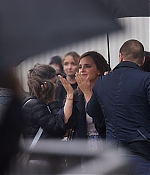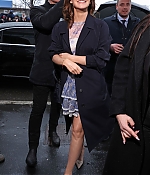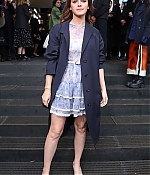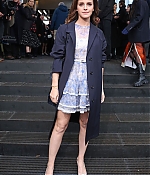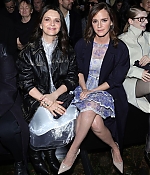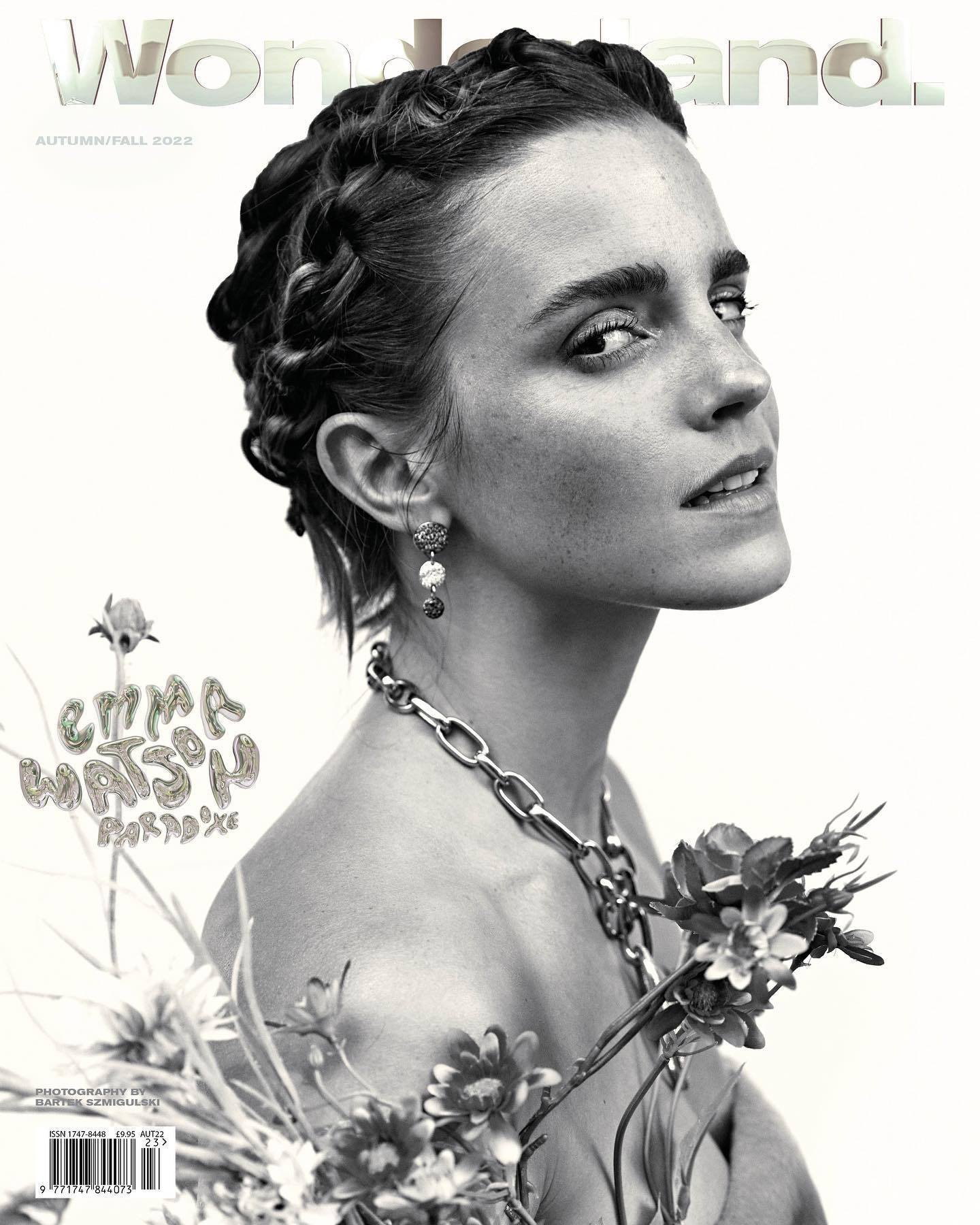We have difficulty even accepting women’s expertise and authority. Studies have shown that when a woman joins a largely male body or committee or whatever, that her expertise is discounted by fully 50%. So she may be actually the one with the most expertise in the room, but she’ll be processed by those around her, including women, as having half that.
EW: Is there anything in your research that has come up that you think might help?
VH: I challenge my students. I say, ‘You may not be the president of the United States at the moment, but you are interacting with members of the other sex. How are you treating them? Are you listening to them?’ I challenge my male students. I say, ‘When a woman is speaking at a table where you’re at and people are ignoring her, there are things that you can do to bring attention to what she’s saying, and retrain our brains to listen to women.’
I think that’s one of the reasons why the #MeToo movement has given me such hope…. Women were not heard when they said these things before, and now there’s a decent chance they will be.
EW: It’s true, I mean, gosh, it’s so heartening. There’s been a lot of hits recently and it feels good to be moving in the right direction.
VH: Well, you know, men don’t pay attention until the big guys are taken down, and some very big guys have been taken down. I think there’s a reassessment going on.
EW: I agree. One thing I’ve been hearing a lot that I’m curious for your opinion on is that, since #MeToo, a lot of men are telling me that they won’t even take meetings with women on their own, that they have to have somebody else in the room, or that this is going to hurt the women’s movement because men will just be so much less likely to want to work with them.
[
both laugh]
VH: I think you’re onto the fact that this is a complete rationalization. What it basically boils down to is saying, unless women are content to live by male rules, we won’t treat them like human beings. I mean, isn’t that the translation of what these people are telling you? I think that’s outrageous.
EW: They say it to me in a way that’s like, ‘Look, I’m just being the realist, I’m just being realistic here.’ And I reply, ‘I don’t think you are and it’s not really good enough! We can do better than that!’
So, I love that you say, ‘Silence is the sturdy ally of gendered microaggression.’ In a climate where some are dismissing microaggressions, tell us why this type of aggression is important to pay attention to.
VH: The reason that the #MeToo movement exploded on the world stage was that you had millions of women, tens of millions of women, who had experienced a reality that they literally could not speak about. They couldn’t speak about what they had experienced. And so, I think that silence is exactly the carpet under which we shove all of these nasty little things, and there can’t be any change when that happens. It’s when you pull back the carpet and you see the cockroaches that you’re like, ‘Oh, time for an exterminator!’
EW: One-hundred percent. I love the word ‘microaggression.’ I’ve been doing therapy for years and think it’s the best thing ever, and we talk about ‘telling the microscopic truth.’
VH: It’s those tiny little moments that each woman knows about and yet there’s no words for these things, or at least there hasn’t been any words before.
EW: There’s so little vocabulary. In Thomas Hardy’s Far From the Madding Crowd, Bathsheba says: ‘It is difficult for a woman to define her feelings in language that is made by men to express theirs’. You know, I’m trying to express myself in a language that just doesn’t have vocabulary for me.
VH: I often think that one of the most revolutionary things that women could do is to begin to develop words for these feelings that they’ve always had.
EW: I did an interview with Vogue magazine a couple of months ago, and I talked about how, in the run up to my 30s, [I felt] this incredible, sudden anxiety and pressure that I had to be married or have a baby or moving into a house, and there was no word for this kind of subliminal messaging and anxiety and pressure that I felt building up, but I couldn’t really name, and so I used the word ‘self-partnered.’ For me it wasn’t so much about coining a word; it was more that I needed to create a definition for something that I didn’t feel there was language for. And it was really interesting because it really riled some people up! It was less for me about the word but more about what it meant — just this idea that we need to reclaim language and space in order to express ourselves because sometimes it’s really not there.
It’s fascinating to me that the origin story of marriage centers around ownership and power — safeguarding bloodlines, establishing property and land rights, creating tactical alliances to increase circles of influence and establish new trading links, et cetera.
VH: In a weird way, marriage was born out of slavery. The idea that you needed to control the reproductive capabilities of these women, just as you would control cattle and you would control land, and you would keep those things in your male-bonded kin group. We still have laws in most countries, many countries, that say upon divorce the children go with the husband’s family. …And I think one of the actual really important things that modernity did was to suggest that this contractual nature of marriage was not the only kind of marriage to have, and that there was in fact a different template based on equal partnership, equal respect, equal consideration that could be a far more healthy, prosperous, and happy type of relationship than you’ve seen previously.
EW: I feel that relationships that don’t necessarily follow traditional models do require more communication and consent. It requires an actual conversation and agreement about the delegation of tasks and labor and responsibilities that maybe you don’t feel that you need to have or should have if you follow those traditional stereotypes.… The idea that relationships are supposed to be easy and it’s all supposed to be implicitly understood, and you’re just meant to get each other, it’s bullsh*t! It’s impossible!
A lot of the healthiest relationships I’ve seen have been between same-sex couples because, I think, they have to sit down and agree [on] things. They agree [on] things between them as opposed to [accepting] certain sets of assumptions and expectations that are made. I’ve also kind of become slightly fascinated by kink culture because they are the best communicators ever. They know all about consent. They [understand] that stuff because they really have to get it — but we could all use those models; they’re actually really helpful models.
Anyway, I truly am geeking out. I’m so happy I got to meet you. Your book was one of those books that made me go, ‘Holy sh*t!’ So, thank you for writing it and for all of your research and hard work.
VH: Thank you for being an ambassador that publicizes this message, because this is, I think, the critical message of our time. We have got to get it together. Men and women have got to make peace between each other so that our world has a future.






